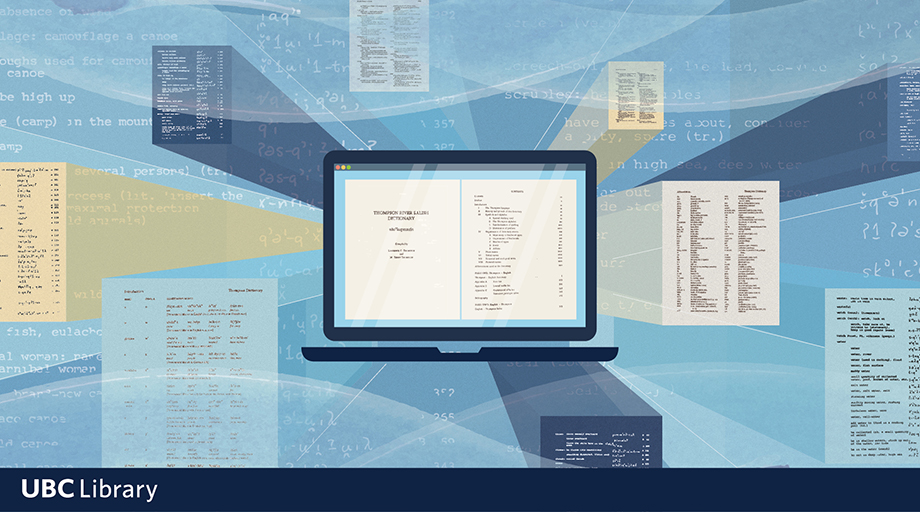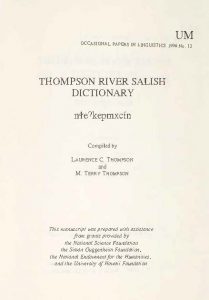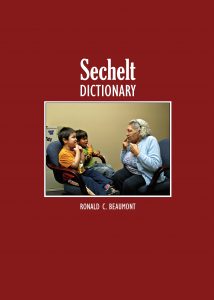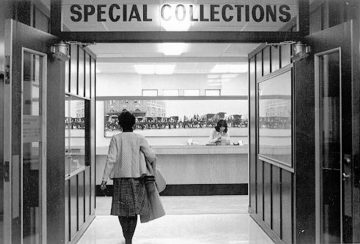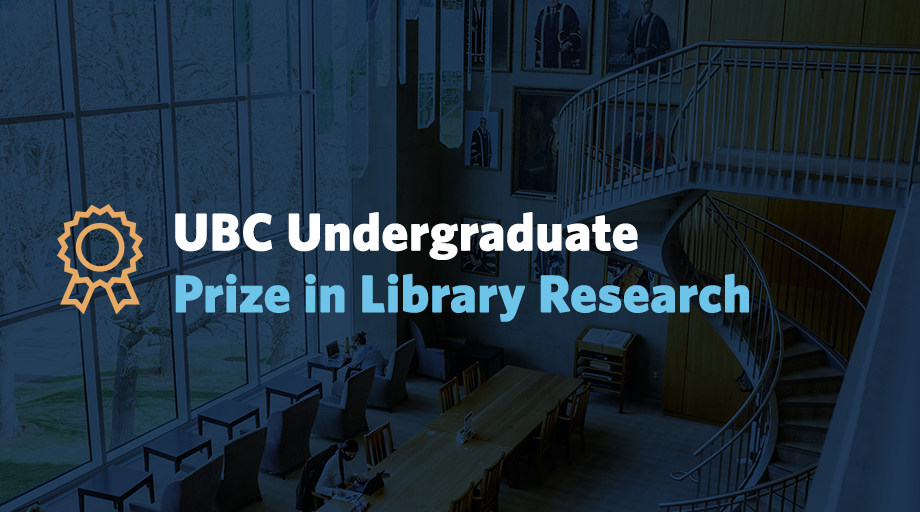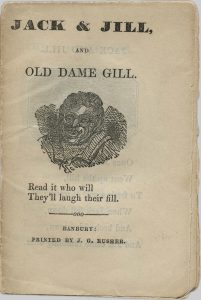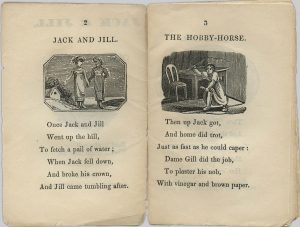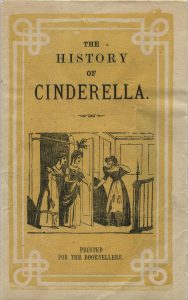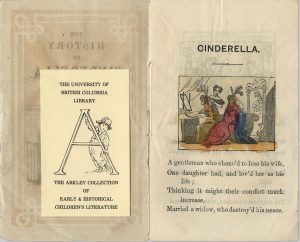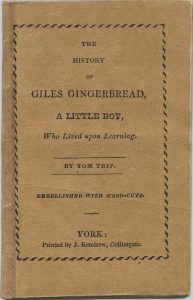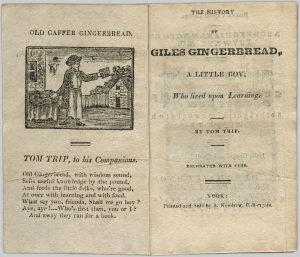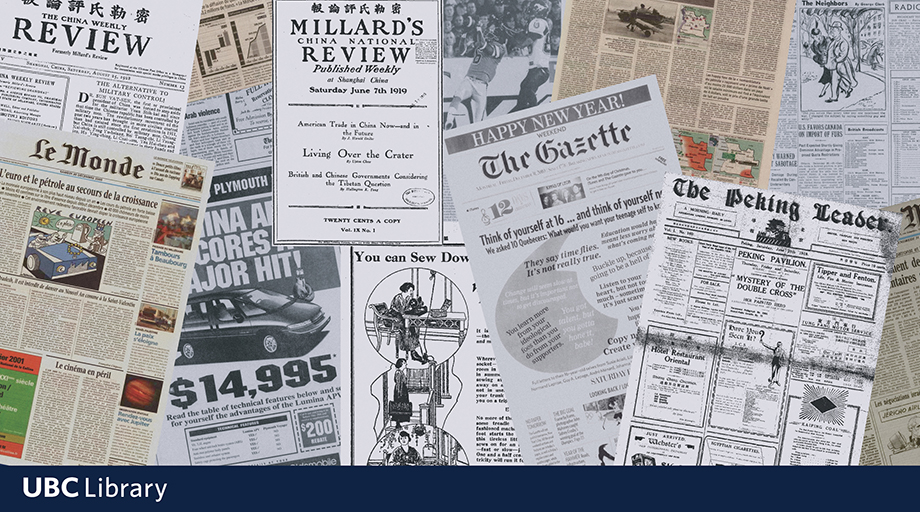
UBC faculty, staff and students can now access three new digital collections of newspapers. Explore digital archives for The Montreal Gazette, the Chinese Newspaper Collection, and Le Monde, purchased earlier this year and now available through the library catalogue.
The Montreal Gazette is the only English-language daily publication in Montreal, Quebec. This historical newspaper database will provide UBC researchers with the ability to easily search through full copies of all issues published between 1867 to 2010.
The Chinese Newspaper Collection is a database of over 20 historical English-language daily, weekly and monthly newspapers and magazines published in China between 1832 and 1953. Through articles, advertisements, editorials and cartoons, this database provides first-hand insights into the Chinese political and social landscape over 120 years.
Le Monde is one of most well-known daily newspapers published in France, with a history dating back to its founding at the request of General Charles de Gaulle. This archival database offers digitized issues of the French-language publication from 1944 to 2000.
In recent years, the library has worked to expand access at UBC to many historical newspaper archives, including local publications such as the Vancouver Sun newspaper (1912 to 2010), The Province newspaper (1894 to 2010), and the Times-Colonist newspaper (1884 to 2010).
“Requests for historical newspapers have increased over the past few years,” says Susan Paterson, Collections Coordinator at Koerner Library. “These primary sources are critical in many Humanities and Social Sciences areas.”
Visit the library catalogue to access all these collections and more.
